In the battle of the bulge, low-fat and low-carb diets are the fashion and sugar has been largely ignored as a factor in fat. But there is compelling evidence that shows that eating a sugar-laden diet is a leading cause of obesity in Western countries. For example, the average American consumes around 60 kilos of sugar every year which is stored in the body as around 15 kgs of body fat!
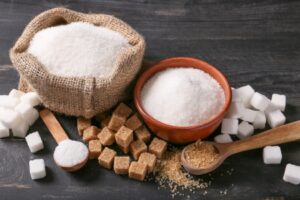 Sugar: Body Balancing
Sugar: Body Balancing
In theory, we have a well-regulated hormonal system that controls how much we eat and how often. The liver and digestive system combined with the hormones insulin, leptin and ghrelin control the amount of carbohydrates we eat for our direct energy needs. The intestines, hypothalamus (part of the brain) and hormone CCK control how much fat and protein we consume.
So why do we over-eat and get fat?
This was the question that David Gillespie asked himself when he was 40 kg overweight and the father of four with two more on the way! He had tried the low GI diet, the Atkins diet, various low-carb diets and he just kept getting fatter. So, he decided to research the subject, then put theory into practice and lost all that excess weight easily and, more importantly, is still a slim, healthy, happy man three years later.
David’s very readable and informative book, Sweet Poison: Why Sugar Makes Us Fat, is the main source for this blog. It gives very clear descriptions of the chemical and physiological aspects of sugar control in the body. David carefully works through the thought processes and evidence that he used to reach his conclusions on fructose and its link to obesity and disease. He also has a new book out that gives an action plan on quitting sugar.
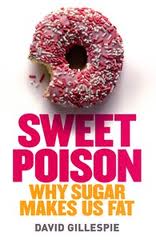 Sugar: The Fructose Factor
Sugar: The Fructose Factor
Fructose is known as the ‘fruit sugar’ as it is found in ripe fruit, but it also makes up 50% of what we know as table sugar, white sugar, caster sugar, cane sugar and HFCS.
David’s research concluded that our appetite controls completely ignore fructose; however much you eat of fructose, you will still feel hungry. And as it comprises half of all the sugar we eat every day, it means that our body controls are allowing us to eat twice as much before we feel full.
He also concluded that fructose cannot be used by any of the cells in our body, except those in the liver and pancreas. Normally, the liver converts excess sugars into glycogen for storage in the liver, but it lacks the enzyme to do this for fructose. Instead, it converts the fructose into fatty acids that are pumped out into the bloodstream. But it gets worse! The pancreas doesn’t recognise fructose beyond a small amount, so no insulin is released and blood sugar levels rise too. And what happens to all those circulating fatty acids…they get converted into body fat and end up expanding your waistline.
Sugar: The Heart Factor
Cardiovascular disease has once again been confirmed as the leading cause of death in Australians. Fructose plays an important deadly role here too. Those circulating fatty acids lead to increased cholesterol levels and a reduced capacity of the blood vessels to dilate, causing high blood pressure and increase risk of heart disease. Heart attacks and strokes occur when the fats in the blood cause a blockage or rupture, those same fats that are produced by eating fructose.
The Other Killers
There is also strong evidence that high fructose consumption interferes with insulin control resulting in insulin-resistance, a precursor to Type 2 Diabetes. It doesn’t end there either…non-alcoholic fatty liver disease, cirrhosis of the liver, impotence, bowel, pancreatic and breast cancer are all linked to fructose consumption
Kicking the Sugar Habit
- NO SUGARY DRINKS – avoid soft drinks, colas, fruit juice, flavoured milks, designer coffees.
- NO SUGARY SNACKS – avoid biscuits, cakes, health bars, sweets, ice-cream, chocolate.
- BREAKFAST BEWARE – avoid sugar-laden breakfast cereals, white breads, fruit juice, dried fruits.
- LABELS LIE – low fat and low GI often equates to high sugar, health foods can be loaded with sugar.
By the way, whole fruits can be eaten in moderation as they are high in fibre, which counteracts the effect of fructose.
Check out Vegetarian Nutrition for ways to improve your diet and Vegetarian Recipes for low sugar ideas.
Sugar: An Environmental Poison
In 2004, the World Wildlife Fund produced a report claiming that sugar production is responsible for more biodiversity loss than any other crop. This included habitat destruction, intensive water use, heavy fertiliser and pesticide use and pollution of the waterways.
Sugar: Damaging the Waterways
In Australia, sugar cane farming on the Queensland coast is causing damage to the Great Barrier Reef. Clearing of wetlands and coastal forests increases sedimentation and coastal erosion, impacting on the reef. Pesticide run-off is also a major problem, with atrazine being widely used in the sugar cane industry to kill weeds by inhibiting photosynthesis.
Fertilizer run-off flowing down the Mississippi from the US corn-growing areas has created a dead zone in the Gulf of Mexico. Atrazine in rivers in farming communities has been shown to turn male frogs into hermaphrodites. The Florida Everglades is being decimated by fertiliser run-off and water drainage.
Sugar: Causing Water Shortages
Coca-Cola and other soda companies exploit ‘free’ water in Third World countries leading to increased drought and water-shortages. For instance, in Kerala, India, Coco-Cola dried up the water table in the town of Plachimada and created thousands of gallons of toxic sludge that was sold to local farmers as ‘fertiliser’. The decimation of rural agriculture in India has also led to thousands of farmer suicides.
Some of the world’s mightiest rivers-including the Niger in West Africa, the Zambezi in Southern Africa, the Indus River in Pakistan, and the Mekong River in Southeast Asia-have been severely impacted by water-intensive sugar production.
Sugar: Destroying the Soil
Corn subsidies in the US make growing HFCS (High Fructose Corn Syrup) very attractive commercially, especially to the large corporations. Corn is grown without any soil management practices such as crop rotation and leads to soil nutrient depletion, soil erosion and a greater need for fertiliser use.
Sugar: High Carbon Footprint
The HFCS industry is very reliant on oil in the production of pesticides and fertilisers and for harvesting and transport. The conversion of corn to HFCS is an energy-intensive process as it needs to be milled and then chemically altered, making the claims that it is a natural substance rather dubious.
Sugar cane burning to clear the fields for the next crop releases large volumes of carbon back into the atmosphere and also causes respiratory illnesses in nearby communities.
Read Healthy Eating for more info on how the food we eat impacts on the environment.
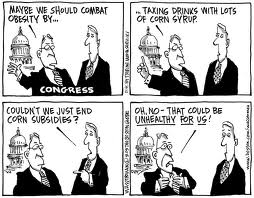 Sugar: The Final Word
Sugar: The Final Word
Well, if that doesn’t put you off sugar I don’t know what will!
As always, would love to hear your comments. Have you any sugar addictions that you want to kick? Have you any good tips for cutting out sugary snacks?
And as a final word, thanks to my friend Tony who lent me the book Sweet Poison: Why Sugar Makes Us Fat. A great read with some new ideas on why the world is getting fatter and fatter.
Final Final Word!
I had a lively debate on twitter with a fellow nutritionist, who told me that Sweet Poison Why Sugar Makes Us Fat had been criticised by the academic community and that its findings were controversial. I managed to find one article on WordPress that discusses the criticisms, both for and against. Personally, I found the book well researched and convincing, although it would have been improved by including comprehensive referencing and using less dogmatic language. I have also looked on Google Scholar and found many research articles that back up his claims.
“Nice work Jane – I especially liked that you considered the counterpoint at the end – and then still agreed :-)” Comment by the author David Gillespie on twitter @gillespi on May 11th.
What are your thoughts? Have you read the book and tried out David’s tips for losing weight? Do you think that sugar is the main cause of obesity? Let’s have a debate!
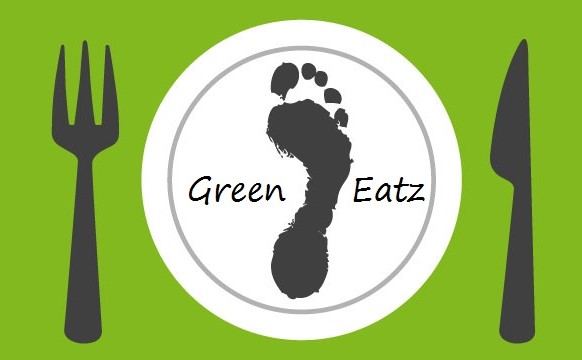
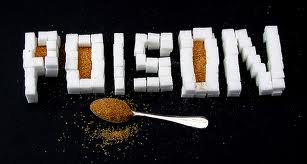
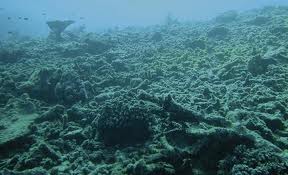

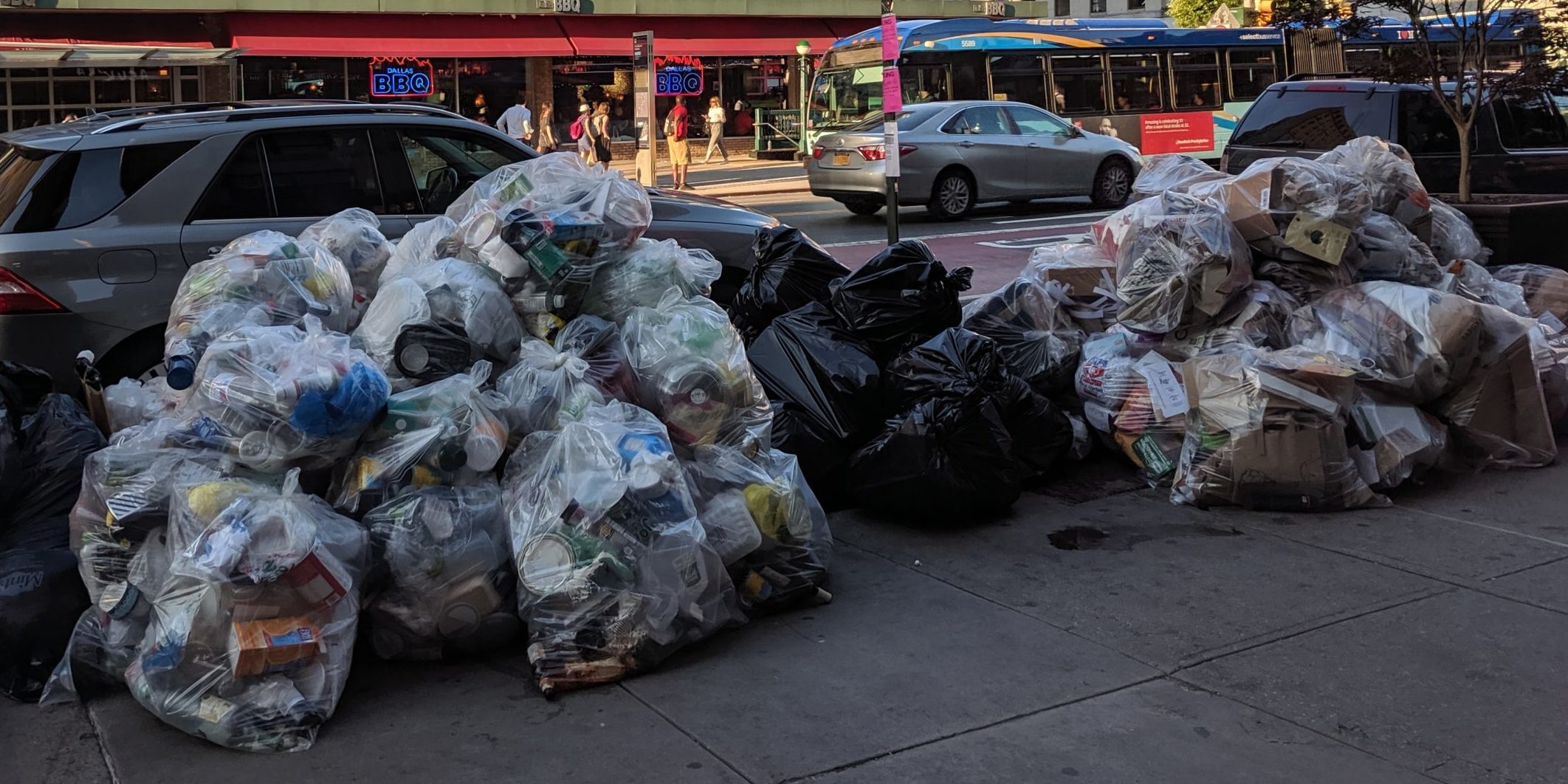
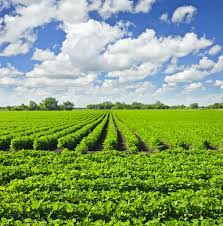
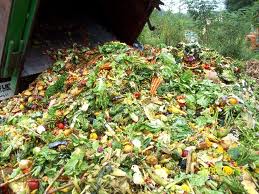


Comments from previous version of Green Eatz
Rebecca 05/10/2011 19:26
yeah, do they have to put [cane] sugar into EVERYTHING? take a look at your cans of stuff on the supermarket shelf – they nearly ALL have sugar added – why not something else?
Jane of Green Eatz 05/10/2011 19:52
Hey Rebecca, Certainly worth checking the nutrition labels to avoid hidden sugar. For instance, breakfast cereals vary from 0% to 40% sugar! Thanks for your comment.
Tempe 03/05/2012 14:15
I get the sugar thing but I find that a lot of this stuff about sugar is taken out of context – suger is not BAD for you. What’s wrong with moderation and exercise?
Jane of Green Eatz 03/06/2012 02:27
Hey Tempe, I agree that moderation and exercise is a positive maxim to follow, but I can’t agree that sugar isn’t bad for you. Just look at the obesity rates in the UK, US and Australia and it’s obvious that something is very wrong with our Western diet.